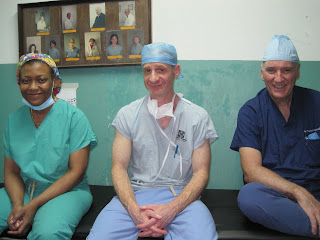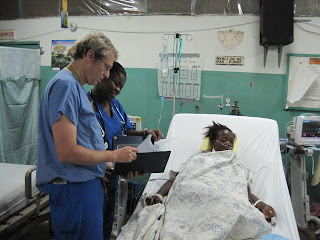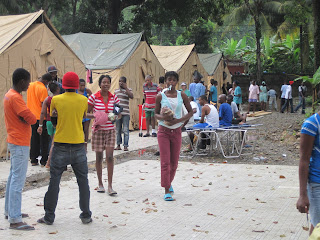


If you were given $10,000 and told it could be used for an object, or an experience, what would you do? Let’s assume basic needs are met, the roof isn’t leaking, and you’re paying your bills. If it were me, I’d choose the experience.
In my last blog, we discussed working toward self actualization, an intangible state. It’s that sense of being fulfilled, by who you are and what you are able to feel. When I reflect on Haiti, my greatest memories are the shared experiences with my colleagues, patients, and the citizens of Milot. I did not bring back many things, and the art that I did is of no practical value, yet ties me to what I felt there. Facebook has remained an active source of continued connection with others who have been to Milot, even those that I haven’t met. We are drawn from many cultures and countries. We have a commonality of what we saw and did, that synergizes the human connection.
For many people, going through difficult times together forms an indelible bond – think about military boot camp, residencies, apprenticeships, challenges in the workplace and in relationships. Afterward, we hopefully can see the positives of those times and look for ways to integrate those into our present and future.
I like to travel, see new sites, and take in new sensations. I now understand why people want to show you pictures from their vacations- it is to both recapture their joy and to try to share it with others. I always seem to appreciate vacation slideshows more if I’ve been to the area, or done something similar.
I am drawn to return to Haiti, but not only for the people of Milot. The sense of purpose, and the feeling of fulfillment by the experience is worth the monetary cost of the time and travel.
What’s remarkable about our minds is that we can take ourselves back to relive pleasant feelings. For me it can be the first sip of a cocktail, the sound of a Pratt radial engine, a song, or pictures of friends, coworkers, and family. We can also catch ourselves focusing the inevitable negatives of other experiences, and let that dominate and control us. I prefer the former, and acknowledge the latter.
Nobody has handed me $10,000 yet, but I'm already working on the itinerary....




























